Twitch creators received an unexpected email on Dec. 4 from CEO Emmett Shear. In fewer than 600 words, he spelled out what possibly could be the start of heavy censorship in Europe—Article 13.
The European Parliament passed Article 13 in September, and since then, the internet has begun to stand up against the imposed copyright law. While the law will impact large portions of the internet, online streaming and video services, like YouTube and Twitch, are directly affected. For Twitch streamers and viewers worldwide, the streaming landscape will look quite different if the law passes the final vote. With so much on the line with Article 13, what exactly do Twitch users need to know about the law?
The primary goal of Article 13 is to help creators prosper online by creating more effective copyright laws. As a whole, most agree with the central goal of Article 13—after all, creators always want better ways to protect their work. But some people are concerned that Article 13 takes this too far.
The biggest issue people have with Article 13 is that it punishes the individual platforms for users committing copyright infringement. Right now, if a Twitch streamer is violating copyright laws, they’re the ones held primarily responsible. If Article 13 goes all the way through, Twitch will be punished as well.
Since Article 13 places platforms in the direct line of fire, it will force services like YouTube and Twitch to impose strict filters and limitations on European users. Twitch streamers who live in Europe will be severely limited in what they can stream. According to the letter from Shear, the constraints Article 13 places on streamers means “content would be much more difficult to publish, including commentary, criticism, fan works, and parodies.”
Right now, most video services scan for copyright infringement after a stream has ended or a video has been uploaded. With Article 13, services will have to scan for infringement live during streams or have content creators prove they own their content before they even turn on their webcam. Streamers living outside of Europe will have to prove they own the rights to publish if they don’t want their channel blocked in European countries.
What will happen to popular European streamers like Hans “Forsen” Fors and Dimitri “Greek” Antonatos if Article 13 passes the final vote? It’s clear their streams will have to drastically change to comply with Article 13.
For now, streamers aren’t impacted by Article 13 just yet. The European Parliament and the Council are negotiating the Copyright Directive text. Once an agreement has been reached, the finalized version of Article 13 will be put up for a plenary vote for everyone in the European Parliament. If the vote passes, so will Article 13.




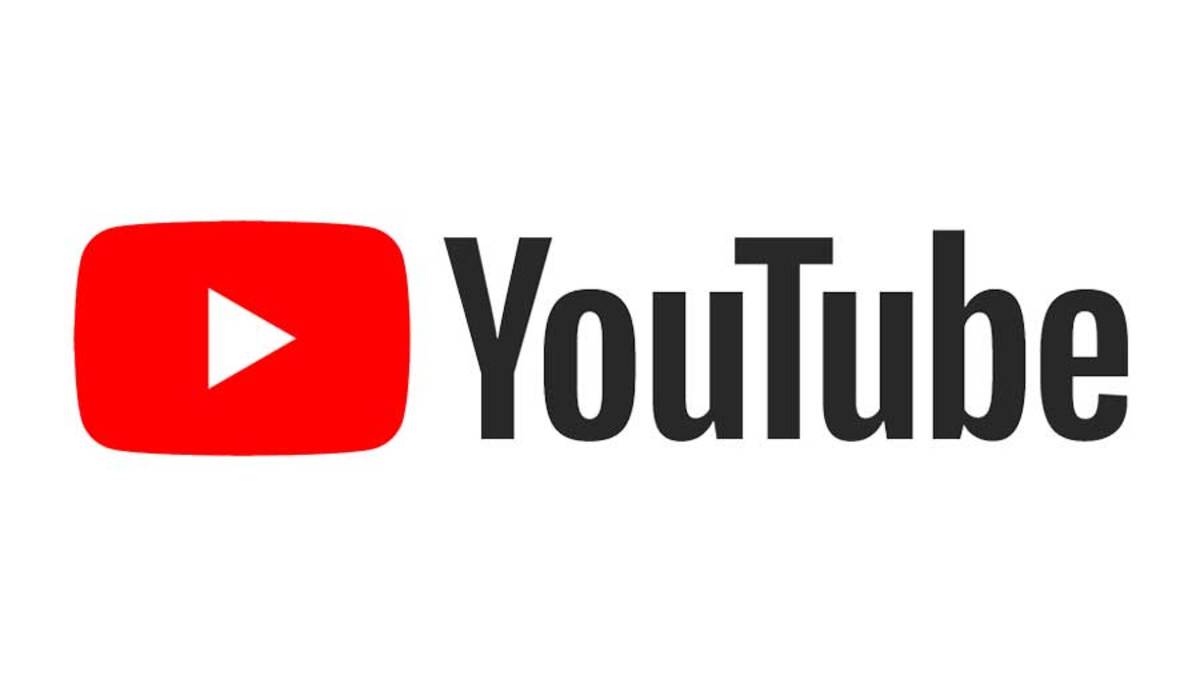

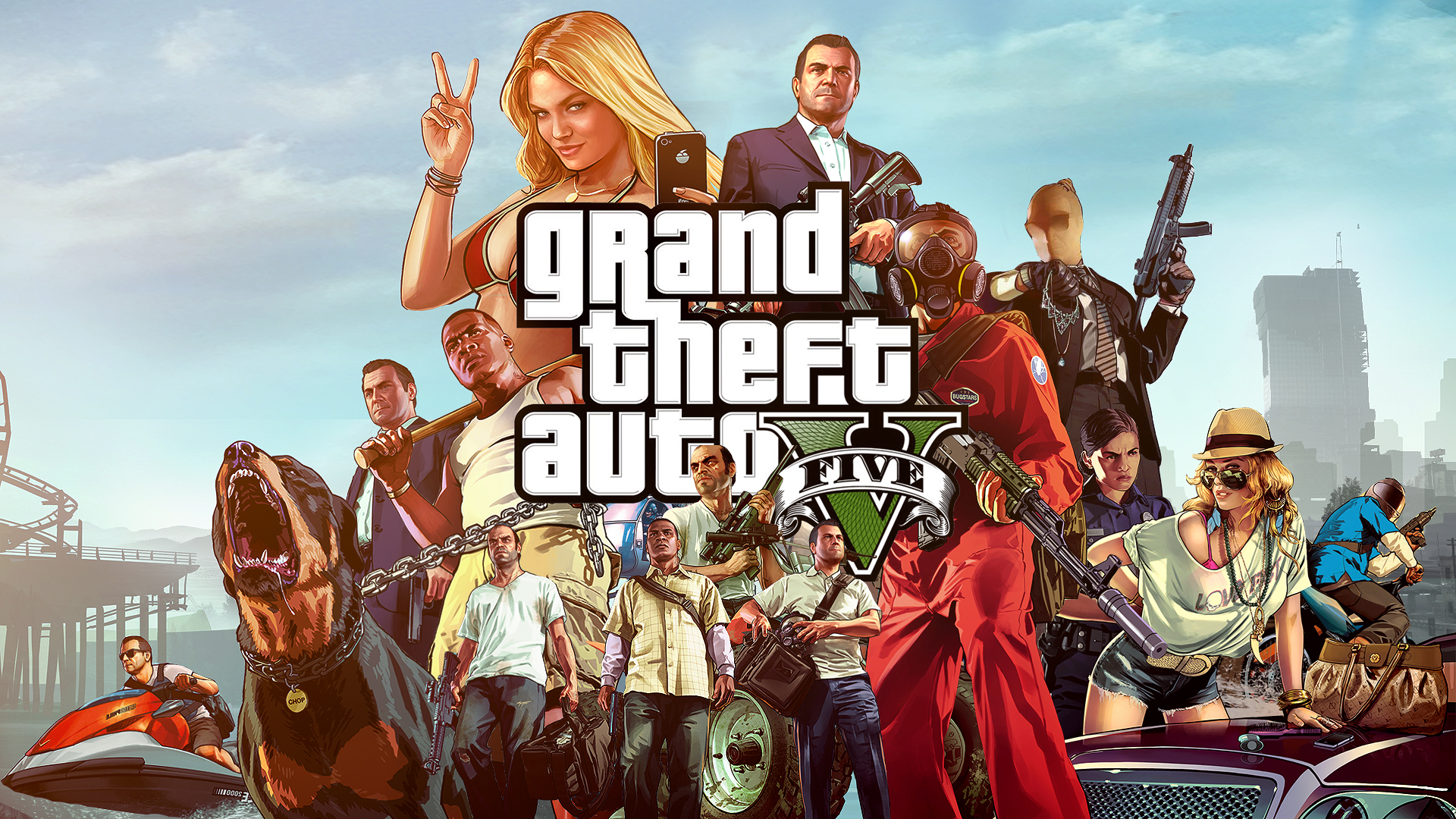

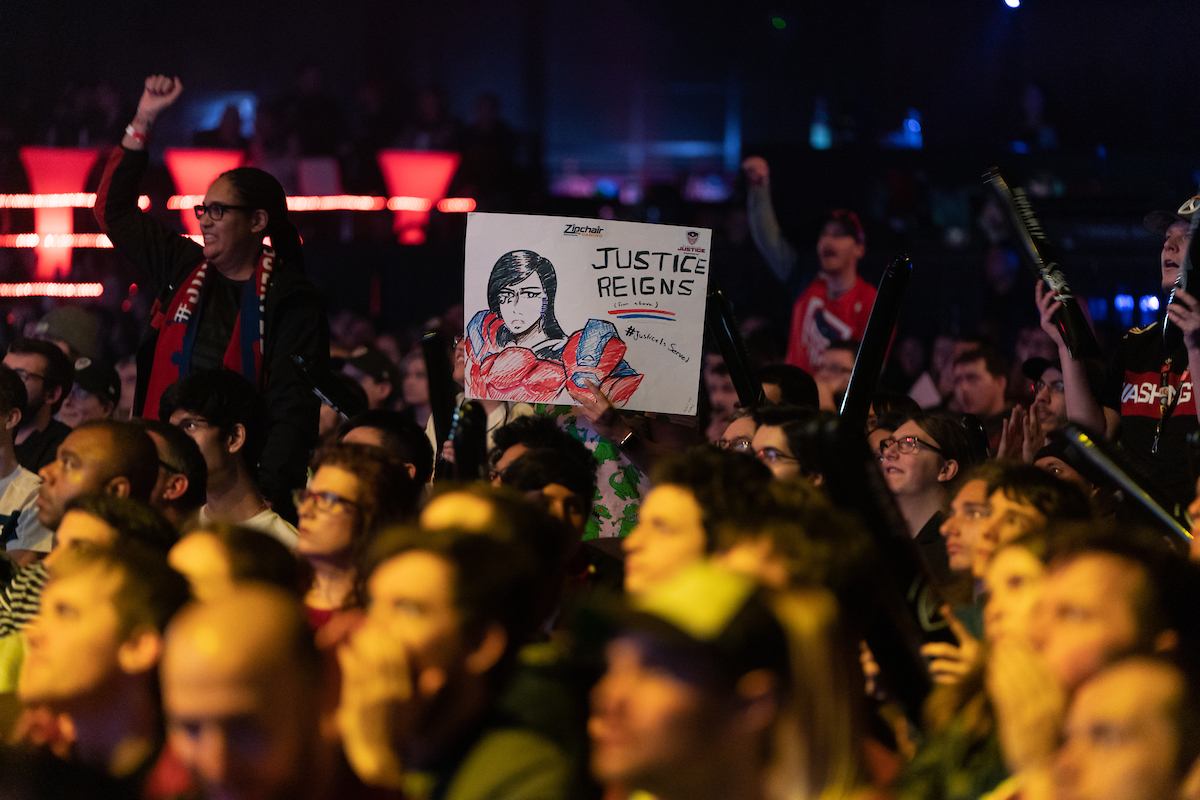
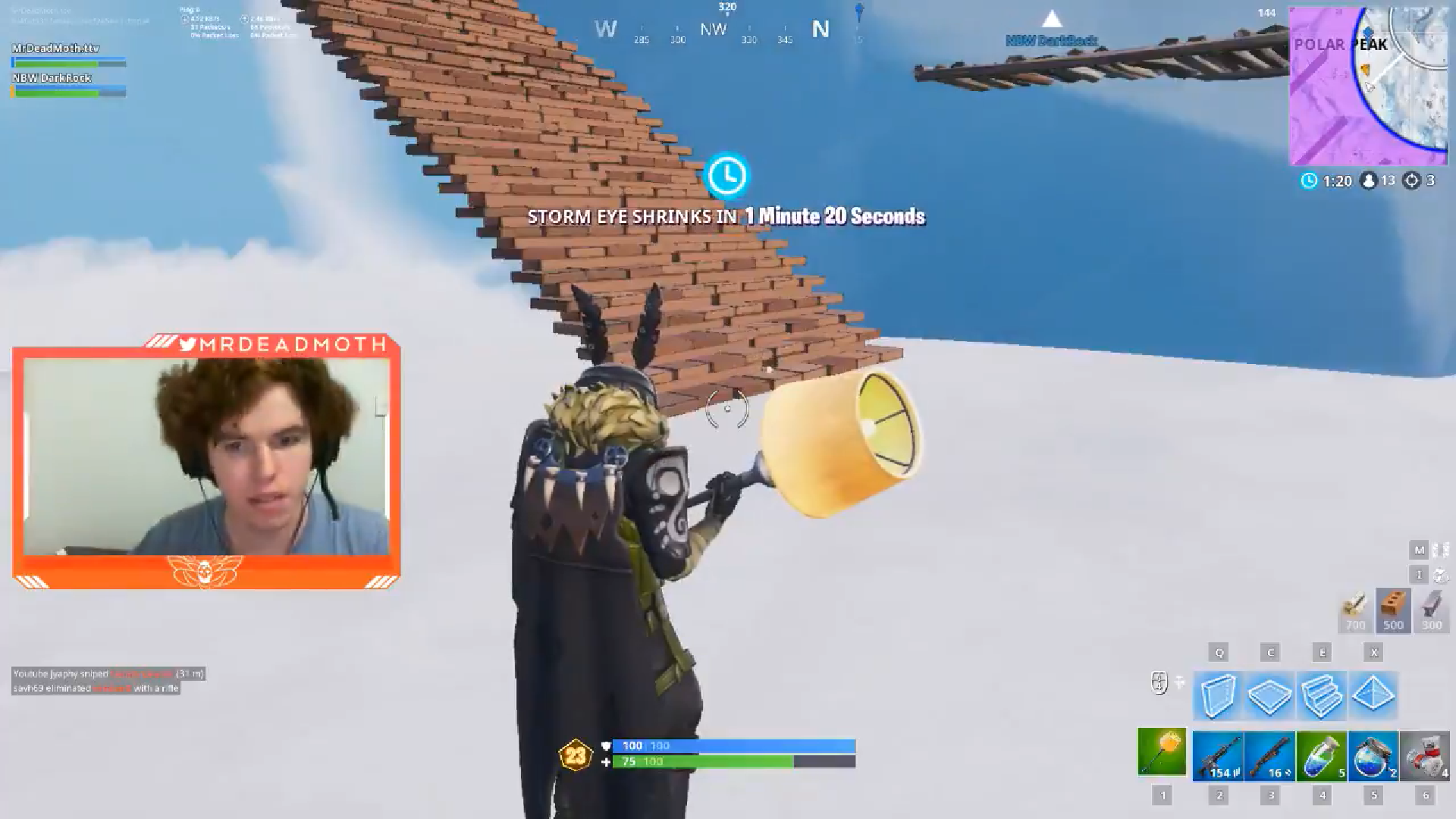
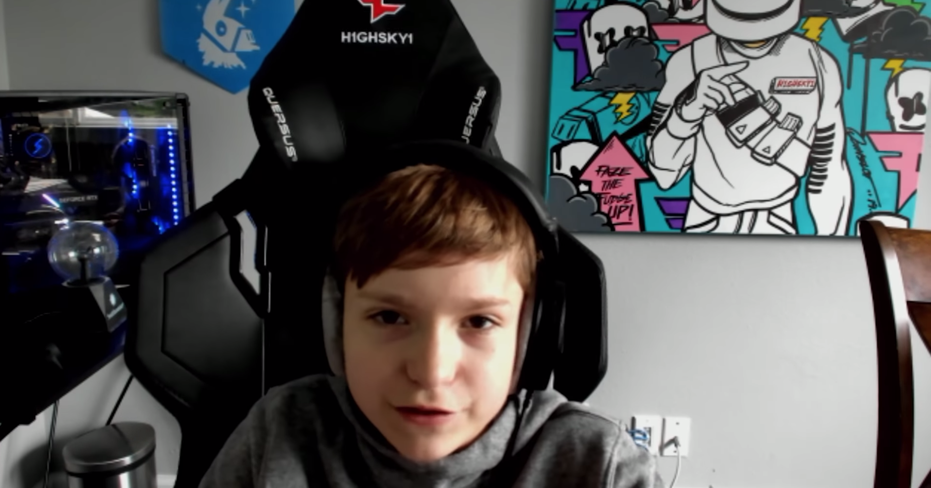

Published: Jan 20, 2019 02:18 pm